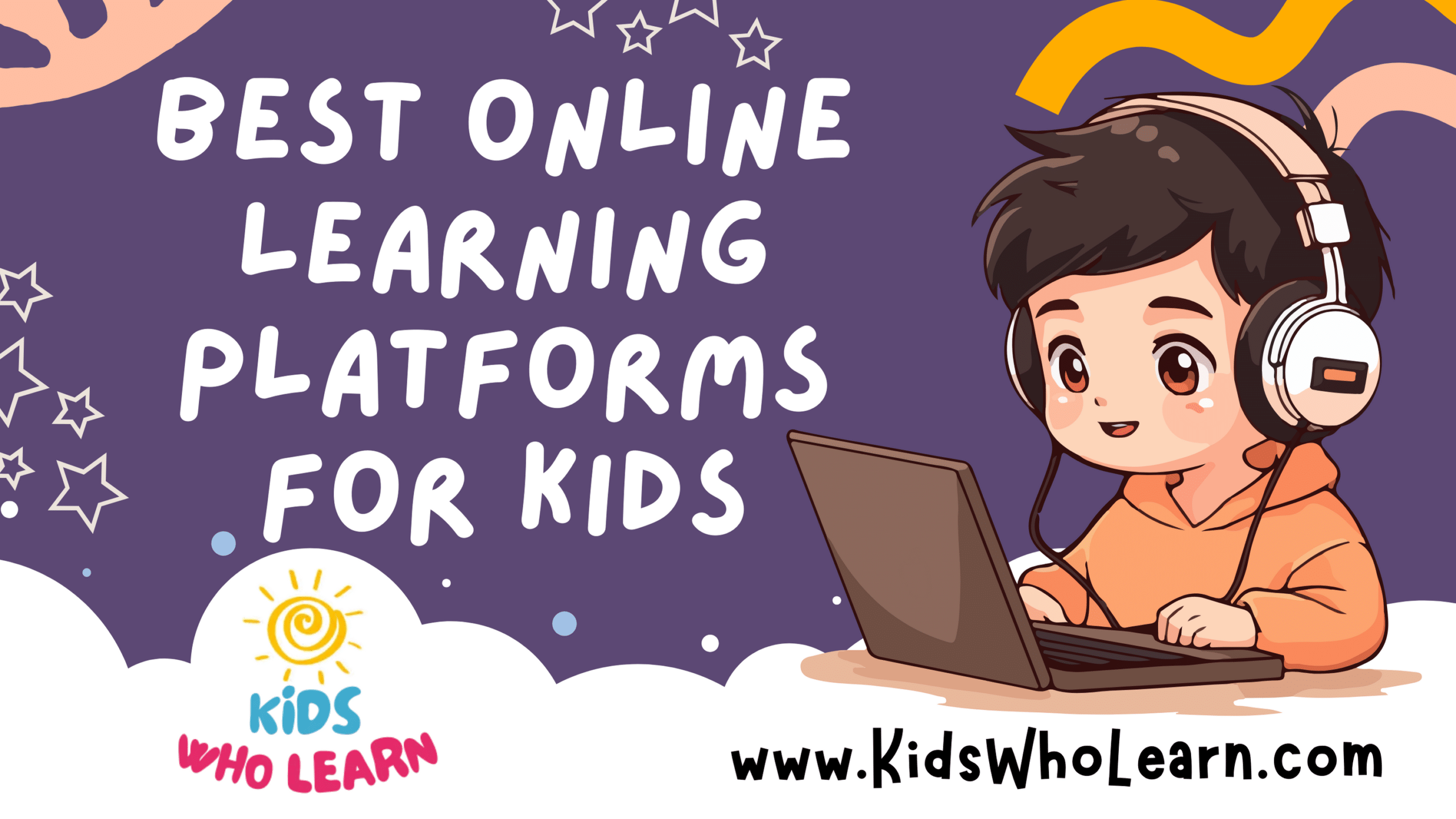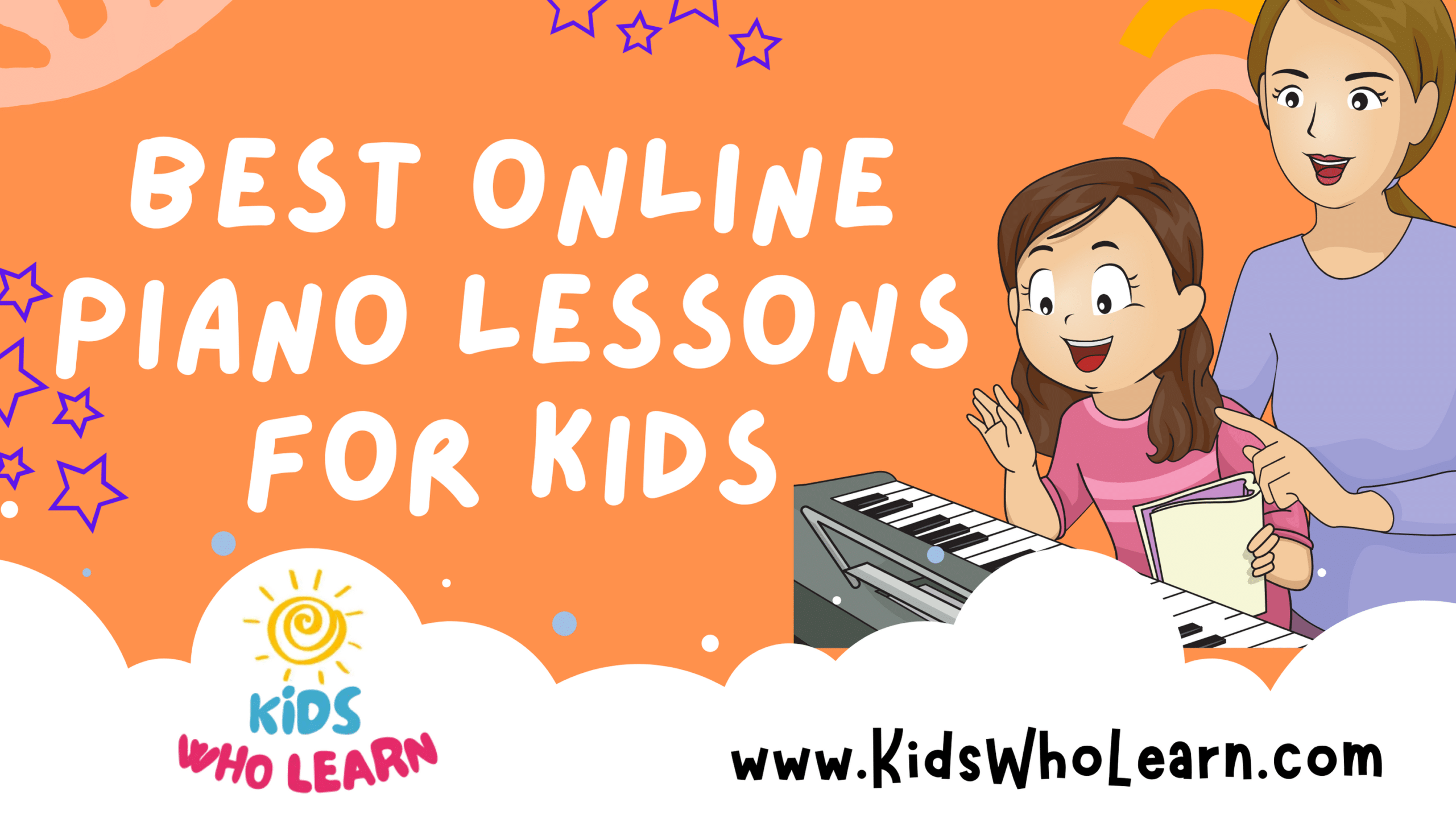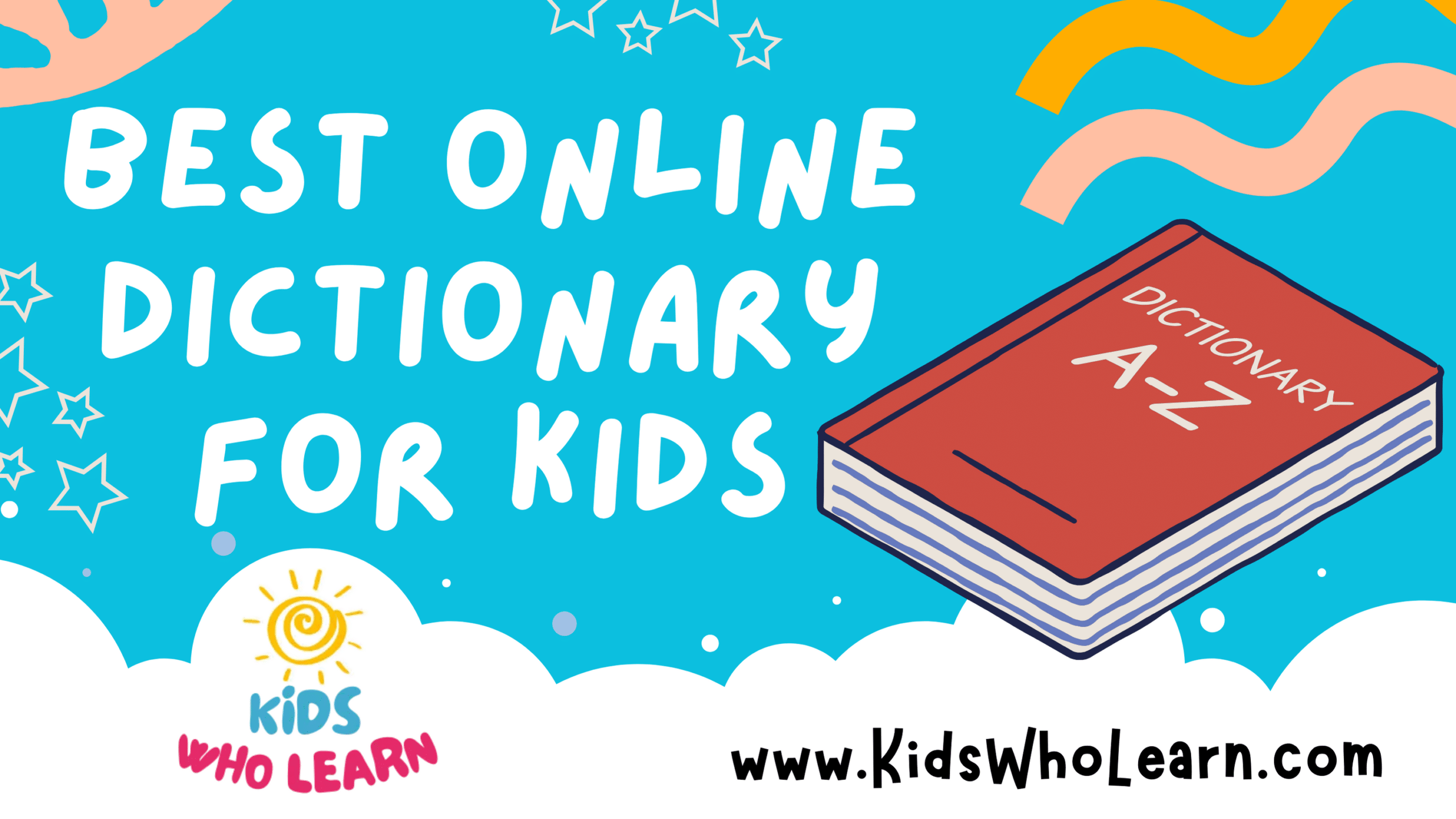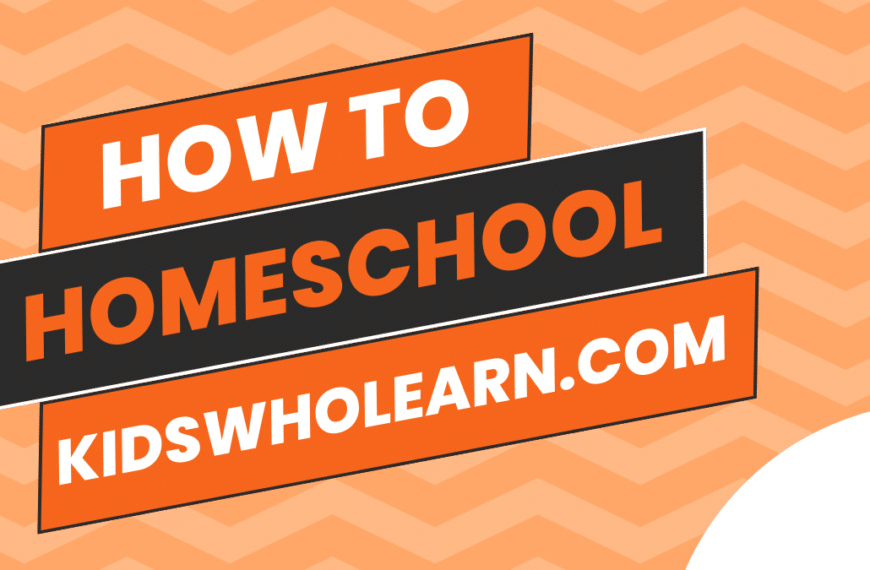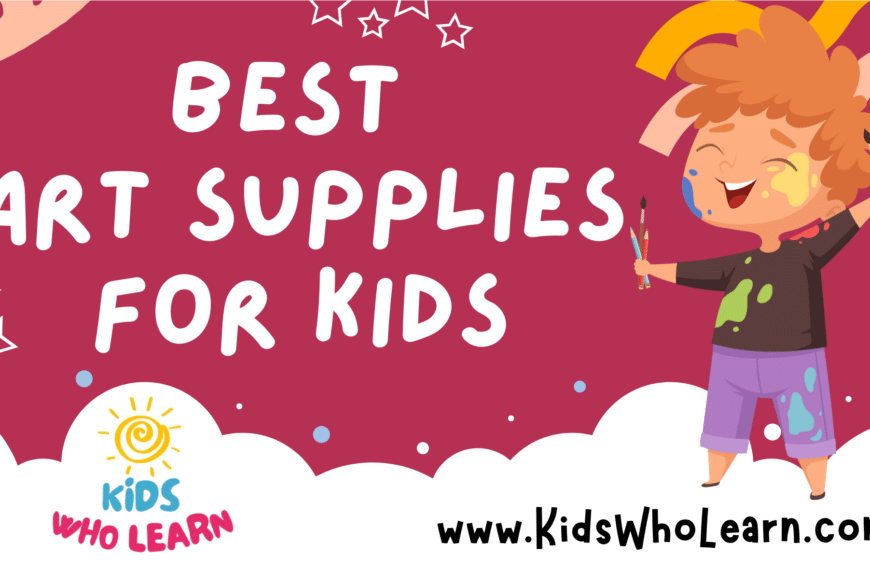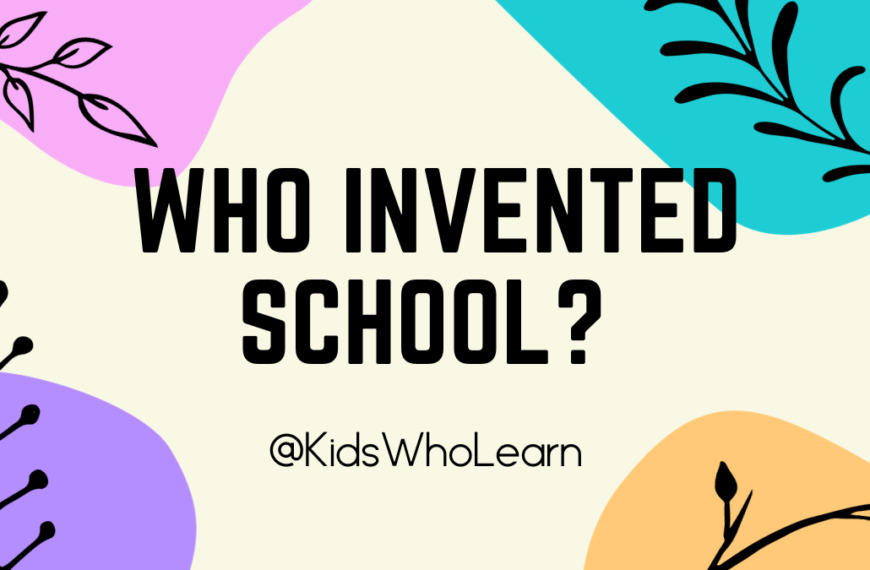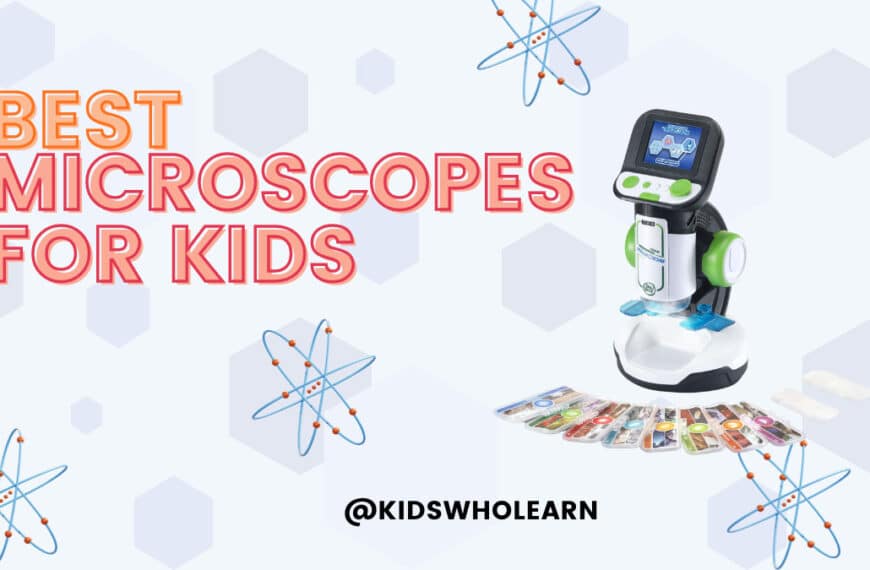In the digital age, education for children has transcended beyond traditional classrooms, embracing the potential of the internet through online learning platforms. These platforms offer a diverse range of educational materials that are both engaging and informative, catering to the unique learning paces and preferences of young minds. With the integration of multimedia resources, such as videos, interactive games, and quizzes, these environments make learning an enjoyable and immersive experience for kids.
When exploring the best online learning platforms, it’s crucial to focus on those that combine education with entertainment, often referred to as ‘edutainment.’ Ensuring the content aligns with curriculum standards while still offering interactive fun is key to effective early learning. Additionally, safety features and parental involvement tools are essential components that give parents peace of mind and allow them to take an active role in their children’s educational journey.
Key Takeaways
- Online platforms provide interactive and fun learning experiences for early education.
- It’s important to select platforms that blend curriculum standards with engaging content.
- Safety features and parental tools are critical for a secure and collaborative learning environment.
Understanding Online Learning Platforms
Online learning platforms harness technology to present a myriad of educational resources, making learning accessible and interactive for kids.
The Role of Technology in Learning
Technology is a cornerstone of modern education, shaping the way you and your children access information and experience learning. With high-speed internet and widespread availability of devices, the realm of educational technology has expanded greatly. Through various online platforms, learners can engage with materials in virtual classrooms. These platforms utilize AI to personalize learning experiences, tailoring content to the learner’s pace and understanding.
Benefits of Online Learning for Kids
Online learning offers numerous advantages for young learners:
- Flexibility: Your child can learn anywhere, anytime, not limited by geographical constraints.
- Interactivity: Educational videos, animations, and simulations make learning engaging and fun.
- Self-Paced: Kids can learn at their own speed, reviewing difficult concepts or accelerating as needed.
- Access to Resources: There’s an abundance of resources like e-books, online exercises, and interactive games.
- Skill Development: Children learn to navigate technology, becoming proficient in digital literacy at an early age.
An effective online education incorporates mobile apps and web-based resources to deliver a comprehensive and multifaceted learning experience. These tools not just facilitate education but also encourage the development of independent learning skills.
Key Features of Top Learning Platforms
When evaluating the best online learning platforms for kids, it’s essential to consider how features such as interactivity, comprehensive media resources, and personalized experiences foster an engaging and effective learning environment.
Interactive Content and Games
Your child’s engagement is significantly enhanced with interactive content and games. Platforms that excel typically offer a range of interactive activities and games, designed to make learning fun and memorable. For example, math concepts can be mastered through puzzle-driven quests, while language skills are often reinforced with word-based challenges.
- Engagement: Interactive content keeps learning enjoyable and interactive, encouraging regular use.
- Skills Development: Games are tailored to develop specific skills, such as problem-solving or critical thinking.
Video and Audio Resources
Top online learning platforms prioritize diverse video and audio resources. These platforms include animated videos to explain complex subjects and audio resources for improving listening skills. As a result, children have access to a variety of learning methods.
- Visual Learning: Animated and live-action videos clarify difficult concepts.
- Auditory Learning: Audio resources, like stories and songs, are great for auditory learners and language acquisition.
Personalized Learning Experiences
Personalized learning experiences are pivotal. They allow content to adapt to your child’s progress and interests. Learning paths can be customized, ensuring that the educational content aligns with their learning pace and style. This customization leads to a more efficient and rewarding learning journey.
- Tailored Content: Students receive content aligned with their capabilities.
- Progress Tracking: Platforms allow you to monitor your child’s improvement through detailed reports.
Education Through Play
Incorporating elements of fun and interaction into education, various online platforms are now using games and apps to make learning more engaging for students. These tools help to develop skills through play, specifically tailored for digital natives.
Gamification of Learning
Gamification is the inclusion of game-like elements into non-game contexts. In education, this approach uses point scoring, competitions, and rewards to make learning more exciting and motivationally effective.
- Art and Math Games: By integrating art into math games, students can grasp complex concepts visually and interactively. Platforms that offer art-inclusive math puzzles help young learners to see the beauty in numbers and shapes.
- Skills Development: Games focused on specific skills, like coding, combine challenges with immediate feedback, allowing students to learn and iterate quickly.
Learning with Educational Apps
Educational apps transform screen time into an active, educational experience. These apps cater to various children’s interests while reinforcing necessary academic and life skills.
- Platforms: Tablets and phones offer a plethora of educational apps that vary in style and content, making learning accessible and portable.
- Content Variety: From interactive story games that enhance reading skills to coding puzzles that introduce basic programming concepts, these apps are designed to cater to a diverse set of learning needs.
These are some examples of how educational apps and games can turn playtime into an enriching learning opportunity without overstepping recommended screen time for children.
Curriculum and Academic Standards
Selecting an online learning platform for your child involves understanding the platform’s alignment with curriculum and academic standards. This ensures that the courses are designed to systematically enhance your child’s knowledge and skills in key subject areas.
Math and Science Focus
Math Curriculum: Platforms specializing in STEM often emphasize a comprehensive math curriculum. Your child can study foundational concepts, from basic arithmetic to advanced calculus, following a progression that fosters strong computational skills and logical reasoning.
- Key Topics in Math:
- Number Sense: Addition, subtraction, multiplication, division
- Algebra: Variables, equations, functions
- Geometry: Shapes, theorems, proofs
- Calculus: Limits, derivatives, integrals
Science Curriculum: Science modules aim to instill a profound understanding of the natural world. Study areas are structured to introduce basic scientific principles and gradually delve into complex topics like physics, chemistry, and biology.
- Key Topics in Science:
- Physical Science: Motion, energy, waves
- Life Science: Cells, genetics, ecosystems
- Earth Science: Geology, meteorology, astronomy
- Experimental Science: Hypothesis testing, experiments, data analysis
Language Arts and Reading Development
Literacy and Comprehension: Crucial to any language arts curriculum is the development of literacy skills. Your child will learn via interaction with diverse texts, enhancing comprehension and critical thinking.
- Key Areas in Reading Development:
- Phonics: Sound and letter recognition
- Vocabulary: Word meanings, usage
- Reading Comprehension: Understanding and interpreting text
- Critical Analysis: Evaluating and discussing literature
Language Curriculum: The focus here is to build strong foundational skills in grammar, writing, and communication. Your child will engage with various forms of writing, from creative storytelling to structured essays, thereby growing a robust vocabulary and effective language use.
- Key Elements in Language Study:
- Grammar: Sentence structure, punctuation
- Writing: Crafting essays, stories, reports
- Oral Language: Speaking, listening, discussions
- Media Literacy: Understanding and creating multimedia texts
Safety and Parental Involvement
When it comes to online learning platforms for kids, ensuring a safe online environment and providing tools for parental guidance are paramount. You play a critical role in managing your child’s online experience.
Ensuring a Safe Online Environment
Safety Measures:
- Content Filtering: Ensure that the platforms you choose have strong content filters to protect your child from inappropriate material.
- Secure Login: Look for platforms that offer secure login procedures and encryption to safeguard your child’s personal information from unauthorized access.
Internet Safety:
- Teach your child about Internet safety and the importance of not sharing personal information online.
- Check for platforms that limit advertising exposure to create a more focused and secure learning environment.
Tools for Parental Guidance and Involvement
Monitoring Tools:
- Utilize platforms that provide dashboard features for you to monitor your child’s progress and activity.
- Opt for services that send regular updates to keep you informed.
In-App Purchase Management:
- Ensure the platform has settings to control or disable in-app purchases to prevent unwanted expenses.
- Set up passwords that prevent your child from making purchases without your consent.
By selecting platforms with these considerations, you can create a supportive and secure virtual learning space for your child.
Platforms Fit for Young Learners
Choosing the right online learning platform can significantly affect your child’s educational journey. For young learners, it’s important to find resources that are age-appropriate, engaging, and tailored to their developmental stage.
Preschool and Early Learning Specialists
Khan Academy Kids is designed for children ages 2-7. This platform offers a personalized learning path that includes activities suited for preschoolers, such as early literacy, drawing, and storytelling. The content is engaging and created by experts in early learning, ensuring that it fits the needs of young minds.
PBS Kids provides a variety of games and videos that are both entertaining and educational. With a focus on early childhood education, PBS Kids ensures that content is suitable for learners in preschool, covering topics from reading to critical thinking. This platform cleverly integrates learning with play, making it fitting for preschool-aged children.
Platforms Offering a Range of Subjects
Platforms that cater to a broad age range typically offer content across various subjects. Your child can explore different subjects to find what they enjoy and excel in.
- Age-appropriate activities: Online platforms often have activities designed for various age groups, so younger children can learn basic concepts like addition, while older kids can tackle more complex subjects.
Here’s a summary of what you can expect from platforms offering a multi-subject learning experience:
| Age Group | Subjects Offered | Notable Platforms |
|---|---|---|
| Preschool | Basic Math (counting, shapes), Phonics, Storytelling | Khan Academy Kids, PBS Kids |
| 5-8 years | Reading, Writing, Basic Arithmetic (addition, subtraction) | Khan Academy Kids |
| 9 years and up | Advanced Mathematics, Science, Programming, Humanities, and more | Khan Academy |
These platforms ensure lessons are tailored to be developmentally appropriate, keeping your child engaged and helping them to build a solid foundation in various subjects.
Leveraging Supplemental Resources
In today’s educational ecosystem, supplementing classroom learning with online resources can enhance your child’s educational experience. Utilize these tools to reinforce concepts and encourage self-directed learning.
Integrating Learning with Classroom Education
Online learning platforms offer a plethora of resources that align with classroom curricula. For instance, platforms like Khan Academy provide structured lessons that complement school subjects. They offer:
- Interactive lessons: Engage students with exercises and videos tailored to their grade level.
- Books & reading materials: A rich library of e-books can serve as additional reading to support lessons taught in school.
These tools enable you to integrate technology seamlessly into your child’s education, supporting and extending what they learn in the classroom.
Support for Homeschooling Parents
For those embracing homeschooling, online platforms can be a game-changer, offering:
| Resource Type | Examples |
|---|---|
| Lesson Plans | Customizable modules to fit your educational goals. |
| Assessment Tools | Quizzes and tests to track your child’s progress. |
Sites like Time4Learning and ABCmouse are tailored for homeschooling, providing a comprehensive educational suite that empowers you to craft a unique learning journey. They offer materials spanning all school subjects, backed by resources to help you as an educator.
Advancing Skills Beyond the Classroom
Online learning platforms can be powerful tools in enriching your child’s education by developing key skills that are not always the focal point in traditional classroom settings. These platforms offer tailored programs that encourage independent learning and a deep dive into subjects of interest.
Cultivating Problem-Solving and Creativity
| Platform | Problem-Solving Focus | Creativity Enhancement |
|---|---|---|
| Code.org | Computer science logic | Designing own games/apps |
| Tynker | Coding challenges | Animation projects |
These platforms offer courses that require logical thinking and step-by-step reasoning, which are crucial for honing problem-solving skills. As your child engages with tech-based puzzles and projects, they not only learn programming but also develop a mindset geared towards creative solutions.
Enhancing Communication and Collaboration Skills
Platforms like Outschool encourage group learning where communication is key. Kids participate in classes that promote discussion, fostering both verbal and written articulation abilities. Moreover, collaborative tasks help children to learn to work together, establishing a foundation for teamwork and shared critical thinking.
| Skill | Activity Example |
|---|---|
| Active Listening | Group discussions and feedback |
| Verbal Articulation | Presentations and storytelling |
| Collaboration | Team projects and peer reviews |
By integrating into communities and forums within these platforms, your child’s curiosity and knowledge expand as they interact with peers, mentors, and the learning material itself. This exposure is essential for broadening their understanding and perspective, preparing them for real-world challenges.
Real-World Applications
Online learning platforms offer focused content in key areas that provide you with tangible skills. These platforms facilitate a practical understanding of complex subjects through interactive modules and guided lessons.
Coding and Programming Fundamentals
By engaging with online courses and apps designed for kids, you gain fundamental skills in coding and programming. These platforms often use:
- Interactive coding challenges to solidify your understanding of different programming languages such as Python or JavaScript.
- Step-by-step project tutorials that help translate abstract coding concepts into real-world applications like creating a simple game or website.
Understanding these fundamentals through online platforms can foster a strong foundation in technology, preparing you for future academic or career pursuits in the digital world.
Understanding Science and Engineering Concepts
The grasp of science and engineering principles can be enhanced through:
- Virtual lab simulations which allow you to conduct experiments in a safe and controlled environment.
- Math games that are not only fun but reinforce the practical application of mathematical concepts in solving engineering problems.
Such online learning tools are designed to make abstract scientific theories relatable by applying them to everyday devices and technologies you interact with. This deepens your understanding and appreciation of how various elements of science and engineering integrate into daily life.
Assessment and Progress Tracking
Effective online learning platforms for kids are equipped with robust features that assess their understanding and track progress. This ensures that the learning path is not only educational but also personalized to their proficiency level.
Quizzes and Tests
Quizzes and tests are fundamental tools in measuring your child’s grasp of the material. Platforms often incorporate these features to provide immediate feedback. For example:
- Khan Academy utilizes practice exercises as quizzes to test knowledge in subjects like math and science.
- IXL offers quizzes that adapt in difficulty based on the student’s proficiency, aiming to challenge without overwhelming.
Monitoring Learning Pathways
Monitoring your child’s learning pathways allows for a tailored educational experience. Learning platforms provide dashboards and reports detailing progress. Consider these specifics:
- Interactive dashboards on ABCmouse display the sequence of completed activities alongside the upcoming lessons.
- Duolingo utilizes a strength bar, which decreases over time to indicate when a student should review a skill for optimal language retention.
By engaging with these assessment and progress tracking tools, you ensure a more structured and effective learning journey for your child.
Selecting the Right Platform
When choosing an online learning platform for your child, it’s crucial to consider the variety of features and user experiences offered, as well as the cost and accessibility of the service.
Comparing Features and User Experiences
Before settling on an educational platform, take a look at what each service specializes in. Khan Academy provides a comprehensive, curriculum-aligned experience with a strong emphasis on STEM subjects. It can be accessed freely, making its extensive video library and interactive exercises highly accessible. Prodigy, on the other hand, focuses on math through an engaging, game-based environment, which can be particularly appealing for children who enjoy a challenge while learning.
ABCmouse and Reading Eggs target younger age groups with activities centered around reading, language arts, and early math skills. While ABCmouse offers a more varied curriculum with a step-by-step learning path, Reading Eggs specializes in literacy with a systematic phonics program and a vast library of reading material.
To assess user experience, consider signing up for a free trial if available. This allows you to evaluate the platform’s intuitiveness, level of engagement, and suitability for your child’s learning style.
Evaluating Cost and Accessibility
Understanding the pricing structure of online learning platforms ensures that the choice you make aligns with your budget. While some platforms like Khan Academy are free, others like ABCmouse, Reading Eggs, and Prodigy offer monthly subscriptions, often with discounts for annual commitments. Examine what each subscription includes, such as the number of child profiles per account or the frequency of progress reports.
Accessibility plays a decisive role as well. Verify if the platform is compatible with various devices that you have at home, like tablets, computers, or smartphones. Regardless of the choice you make, the ability to learn on-the-go or at home is a significant advantage.
Remember to filter options based on your child’s educational needs. Whether it’s a flexible, self-paced program or a structured, interactive learning path, the final choice should enhance your child’s educational journey efficiently and enjoyably.
Frequently Asked Questions
This section addresses popular inquiries regarding online learning platforms tailored for children’s education at various stages.
What are the highly recommended educational websites for kindergarten-aged children?
For kindergarten-aged children, websites like ABCmouse, Starfall, and Fisher-Price offer interactive and educational content designed to engage young learners in fundamental concepts through games and videos.
Which online learning platforms are widely used by students in India?
In India, platforms such as BYJU’S, Vedantu, and Khan Academy are extremely popular among students for their comprehensive curriculum coverage and interactive learning experiences.
What computer programs are considered the best for elementary-level online learning?
Elementary students often benefit from computer programs like Scratch for learning coding, DreamBox Learning for mathematics, and Reading Eggs for literacy skills enhancement.
How can I find free and effective online learning resources for children without the need for downloads?
Websites such as Khan Academy, National Geographic Kids, and PBS Kids provide free online learning resources directly accessible through your web browser, with a wide array of subjects and interactive content.
Can you list some engaging online educational games suitable for kids?
CoolMathGames and Funbrain are examples of websites that offer a plethora of educational games across subjects like math, science, and language arts, designed to make learning enjoyable for kids.
What approaches can a parent take to support their child’s education through online platforms?
You can support your child’s education by keeping a consistent schedule, actively participating in their online learning process, and utilizing parental controls to ensure a safe and focused learning environment.

